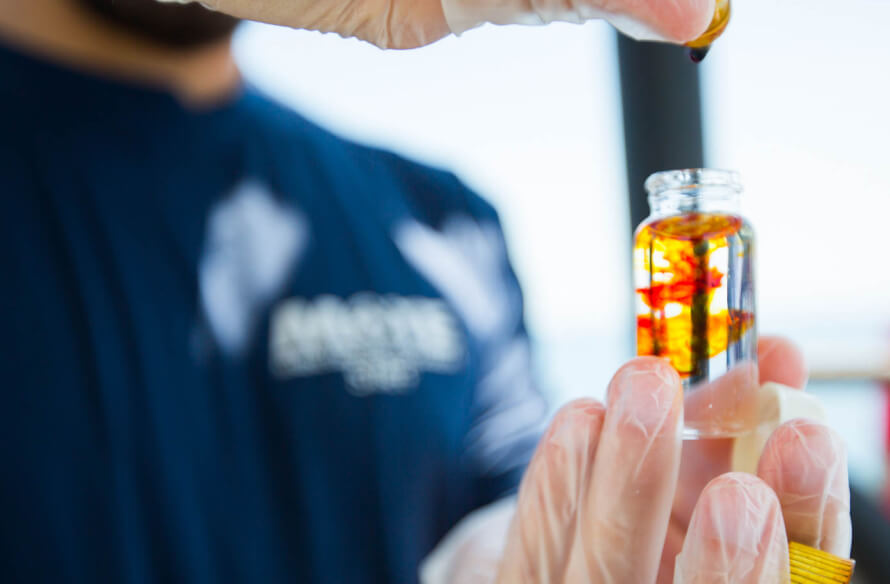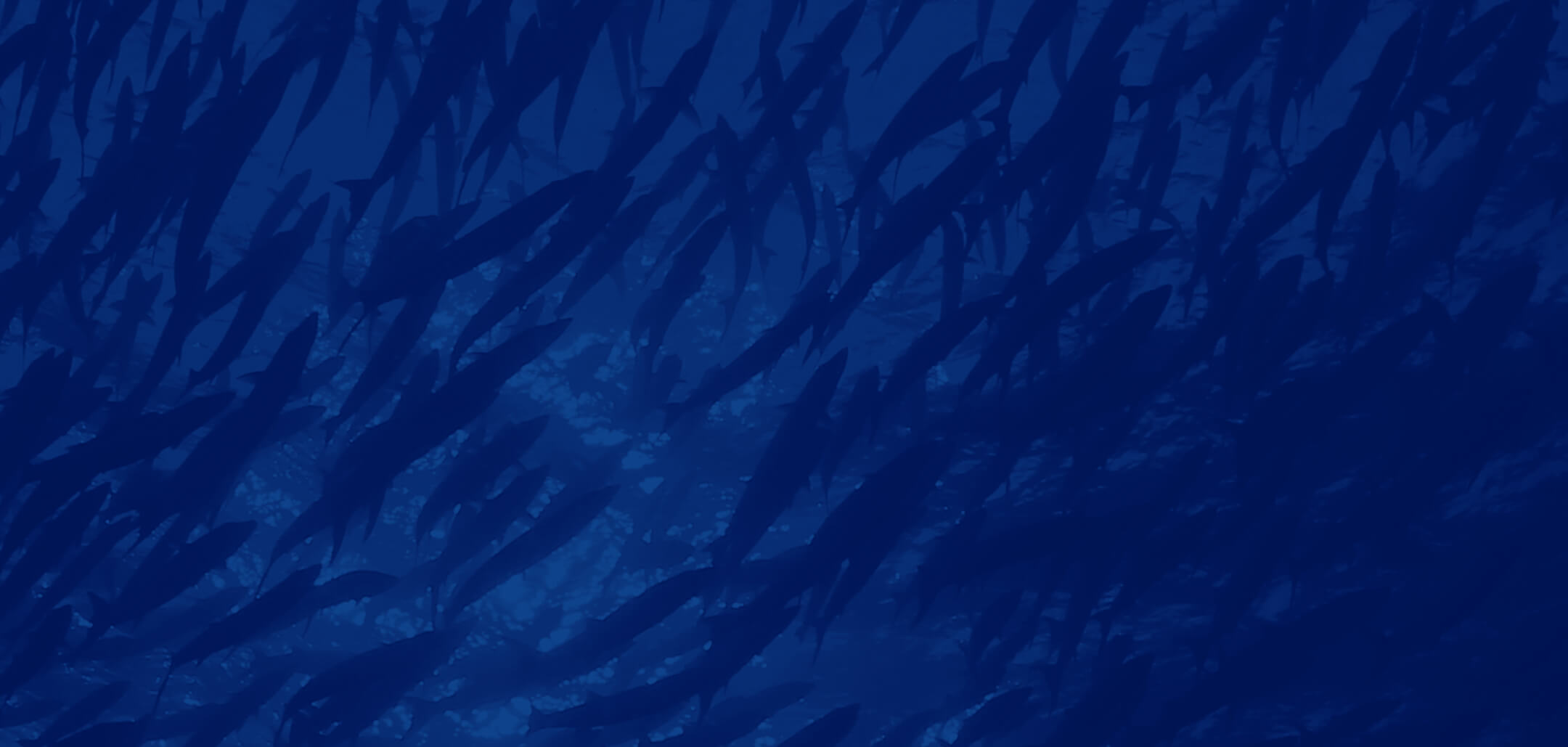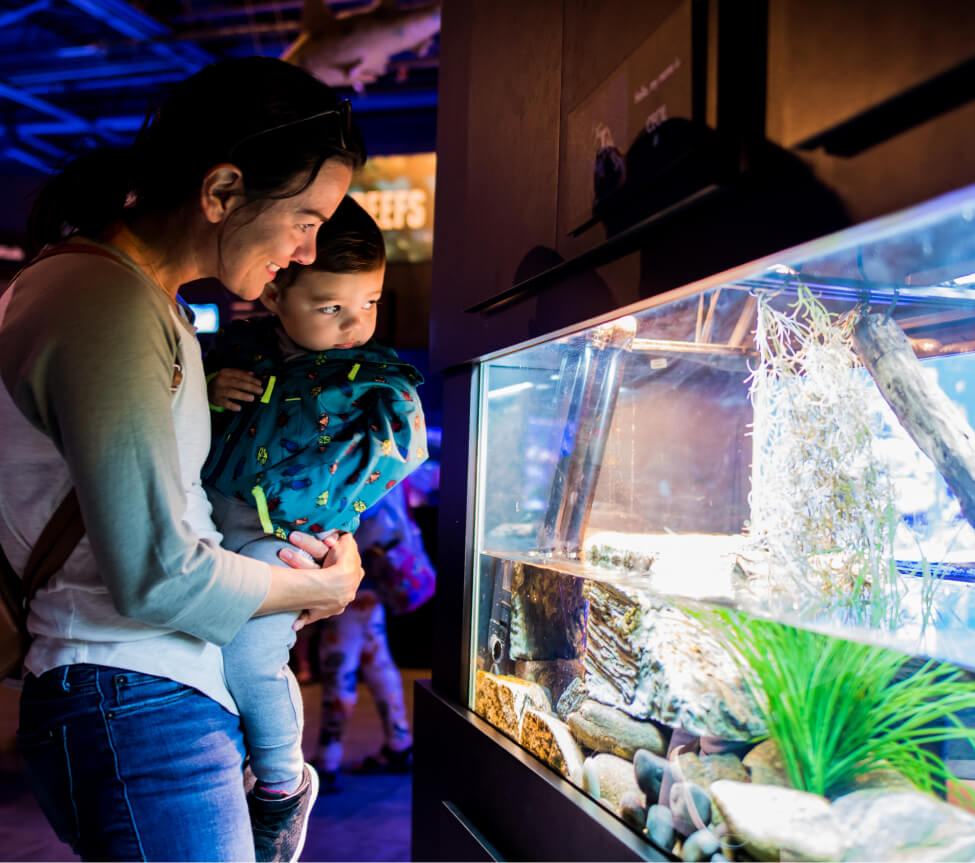Phytoplankton Ecology Internship
Phytoplankton are the organisms responsible for channeling the sun’s energy into organic compounds that then feed the rest of the food chain in aquatic environments. Current estimates have the phytoplankton conducting as much as 50% of the Earth’s total production of organic compounds from sunlight. This fact in itself places the phytoplankton at the highest level of importance to life on the planet. Additionally, phytoplankton are extremely taxonomically diverse. There are thousands of species of phytoplankton and there is more diversity between them than there is diversity between fleas and humans. The dinoflagellate genome is many times larger than the human genome. This all comes together to make the study of phytoplankton very important and very complex.
The Phytoplankton Ecology Program at Mote Marine Laboratory is also quite diverse. It is comprised of two groups, the biology group and the technology group. The biology group focuses on the physiology and ecology of phytoplankton. The technology group focuses on developing better equipment to support the study of phytoplankton. Recently, much of the work has addressed the harmful alga that impacts Florida, the dinoflagellate Karenia brevis. One of the primary objectives of the biology group is to discover how K. brevis fits into the succession of micro-algal species on the west coast of Florida. We hope that this understanding will help us determine the role of nutrient sources in the development of harmful algal blooms. The technology group is heavily involved in the engineering, deployment and maintenance of the Optical Phytoplankton Discriminator, an instrument developed at Mote Marine Laboratory that can, in near-real-time, determine the taxonomic composition of the in situ phytoplankton community. This device has been deployed on buoys, pilings and autonomous underwater vehicles to detect K. brevis among other species. Detection of this harmful alga provides early warning of impending impacts and aids in the research on the organism.
An internship in the Phytoplankton Ecology Program will deal with either the biology of phytoplankton or the technology to study them. Biology oriented interns could participate in laboratory studies of how different species interact to field projects investigating details of how phytoplankton species are distributed off the coast of Florida. Technology interns could participate in engineering enhancements of existing instruments or evaluation of the performance of new instruments. Additionally it may be possible to develop a combined biology and technology internship.




